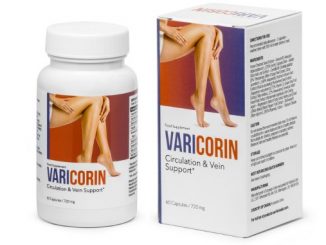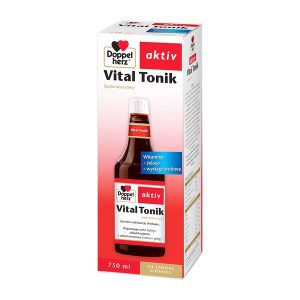The properties of Common Grape Vine
The common grape vine – Also known under its Latin name, vitis vinifera, it has a very strong antioxidant effect, which has a positive effect on circulatory system health. In addition, it also has a positive effect on maintaining normal blood pressure levels, which is especially important in people with varicose veins.
Grape vine contains flavonoids, tannins, tartrates, inositol, carotenes, choline and sugars. The fruit contains tartaric and malic acids, sugars, pectin, tannin, flavone glycosides, vitamins A, B1, B2, C and minerals; anthocyanins in red leaves and red grapes. Anthocyanins reduce capillary permeability.
Red leaves are astringent and antiinflammatory; an infusion is used for diarrhoea, heavy menstrual bleeding and uterine haemorrhage; also in the treatment of varicose veins and haemorrhoids.
Oligomeric proanthocyanidin extract of the seed is used in atherosclerosis due to its free radical scavenging ability, also in venous insufficiency, night vision, oedema due to injury and post surgery oedema.
Indications
- Gout and obesity might improve with grape juice therapy.
- Hypercholesterolemia and arteriosclerosis: grape seed oil may be used as source of essential fatty acids to balance different serum lipid fractions.
- Varicose veins, phlebitis, hemorrhoids and capillary fragility, due to its vitaminic P action.
- Symptomatic relief of venolymphatic deficiency.


































































